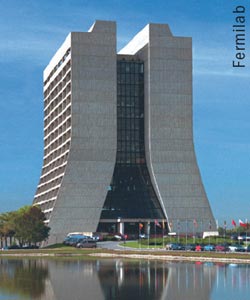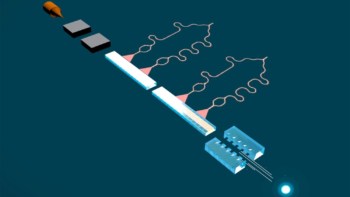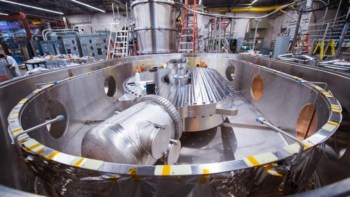It is right that the US should increase its investment in particle physics

Particle physicists in the US are going through some unusually lean times. The announcement by scientists at Fermilab near Chicago last month that they had made the most precise measurement to date of the rapid transitions between matter and antimatter (see p4; print version only) was a rare example of a tangible new result from the country’s researchers. The reasons for the relative lack of progress are obvious. The Tevatron accelerator at Fermilab is showing its age, operating as it does in an energy range where there is little left to be discovered. Meanwhile, many US particle physicists are playing a growing role in building the Large Hadron Collider (LHC) at CERN. Set to open next year, the LHC is a predominantly European machine.
A long-awaited new report from a US National Academy of Sciences (NAS) panel has recognized the potential dangers for particle physics in America (see p6; print version only). It says that the “intellectual centre of gravity” in the field is moving abroad and warns that, unless action is taken, most US experimental particle physicists will soon be working overseas. The report is therefore right to call for American high-energy physics to be reinvigorated, particularly given that two other key US labs – the Brookhaven National Laboratory and the Stanford Linear Accelerator Center – are both refocusing their sights on research beyond particle physics.
But the US may not be a sleeping giant for long. The NAS report calls for the International Linear Collider (ILC) – the next big machine in particle physics after the LHC – to be built on American soil, possibly at Fermilab. Although that particular goal is not certain – bids for the ILC from Japan, Europe and even Russia are possible – the diverse make up of the panel, which includes biologists and business people as well as physicists, means that its report is likely to exert significant political clout. However, if the US loses the race for the ILC, the future for US particle physics, and for Fermilab in particular, looks bleak.



